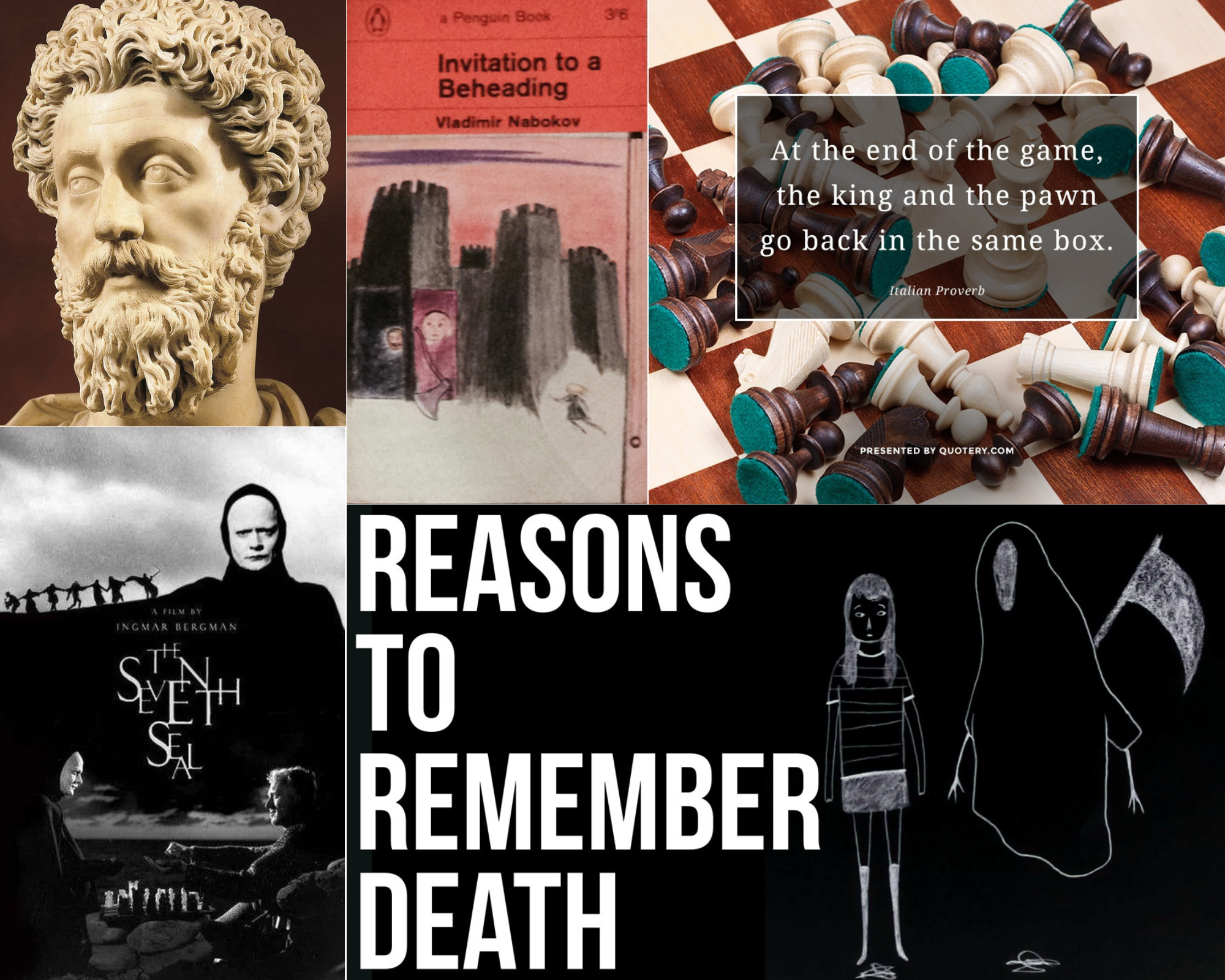Sunday Supplement #169 (August 4th, 2024)
Below is another Sunday Supplement with a quote worth sharing, a book worth reading, a movie worth watching, brainfood worth consuming, and a spiritual passage worth pondering.
Please take something away from these recommendations that enriches your week ahead!
Quote of the Week:
“It is not death that a man should fear, but he should fear never beginning to live.”
– Marcus Aurelius
Book of the Week:
Invitation to a Beheading – Vladimir Nabokov
Vladimir Nabokov was a Russian novelist whose books are constantly listed among the most important novels of the 20th century.
Invitation to a Beheading isn’t Nabokov’s most famous work, but the author regarded it with high esteem.
The novel follows Cincinnatus C., a thirty-year-old teacher sentenced to death by beheading for “gnostical turpitude” in an undisclosed amount of time.
Invitation to a Beheading teeters between illusion and reality, as does its main character, Cincinattus.
Nabokov’s prose is some of the best writing I’ve ever read. It’s a complex novel to describe but one worth reading.
Movie of the Week:
Ingmar Bergman, writer and director of The Seventh Seal, is considered one of the greatest filmmakers ever. He was nominated for nine Academy Awards in his lifetime.
The Seventh Seal is one of my favorite Bergman films. It tells the story of a knight, Antonius Block, returning to Sweden after the Crusade to find the land ravaged by the Black Plague.
Antonius Block, played by Max von Sydow, encounters Death and challenges him to a game of chess, believing he can survive as long as the game continues.
The knight seeks answers about life, death, and the existence of God as he and his squire encounter various survivors of the plague.
Older films that stand the test of time often represent the best of Cinema, in my opinion. If you have explored the classics in film, I highly recommend dipping your toes in the waters.
Brainfood of the Week:
Reasons to Remember Death | The School of Life
This The School of Life video discusses death and how useful it might be to dwell on the prospect more than we’re inclined to.
The short video makes the point of how we can be scared to fail or scared to be rejected and, in doing so, delay or avoid the lives we could be living.
In the video, The School of Life argues it could be beneficial to have a greater fear of death than our other fears so we can allow ourselves to live freely.
I’ve featured many The School of Life videos in previous Sunday Supplements. Their channel has over 9 million followers, and they make content from psychologists, philosophers, and writers devoted to helping people lead calmer and more resilient lives.
Closing Spiritual Passage:
“After the game, the King and the Pawn go into the same box.”
– Italian Proverb
Whenever I come across proverbs or spiritual passages, I like to take a deeper look at them to see if I can gather deeper meaning.
This Italian proverb points to death and its universal experience. However, I tried to look at what the proverb could mean regarding Pawns and Kings from the game of chess other than the obvious.
One interpretation could be that it doesn’t matter what you do at the end of the day. The other could be that you end up dead regardless, so why die as a Pawn?
For me, I like the idea that you might not get to decide whether you’re a King or a Pawn, but you do get to choose how you move your piece on the board before you go in the box.
Embrace the fact you will die at some point, live the best you can, and have a blessed week ahead!

